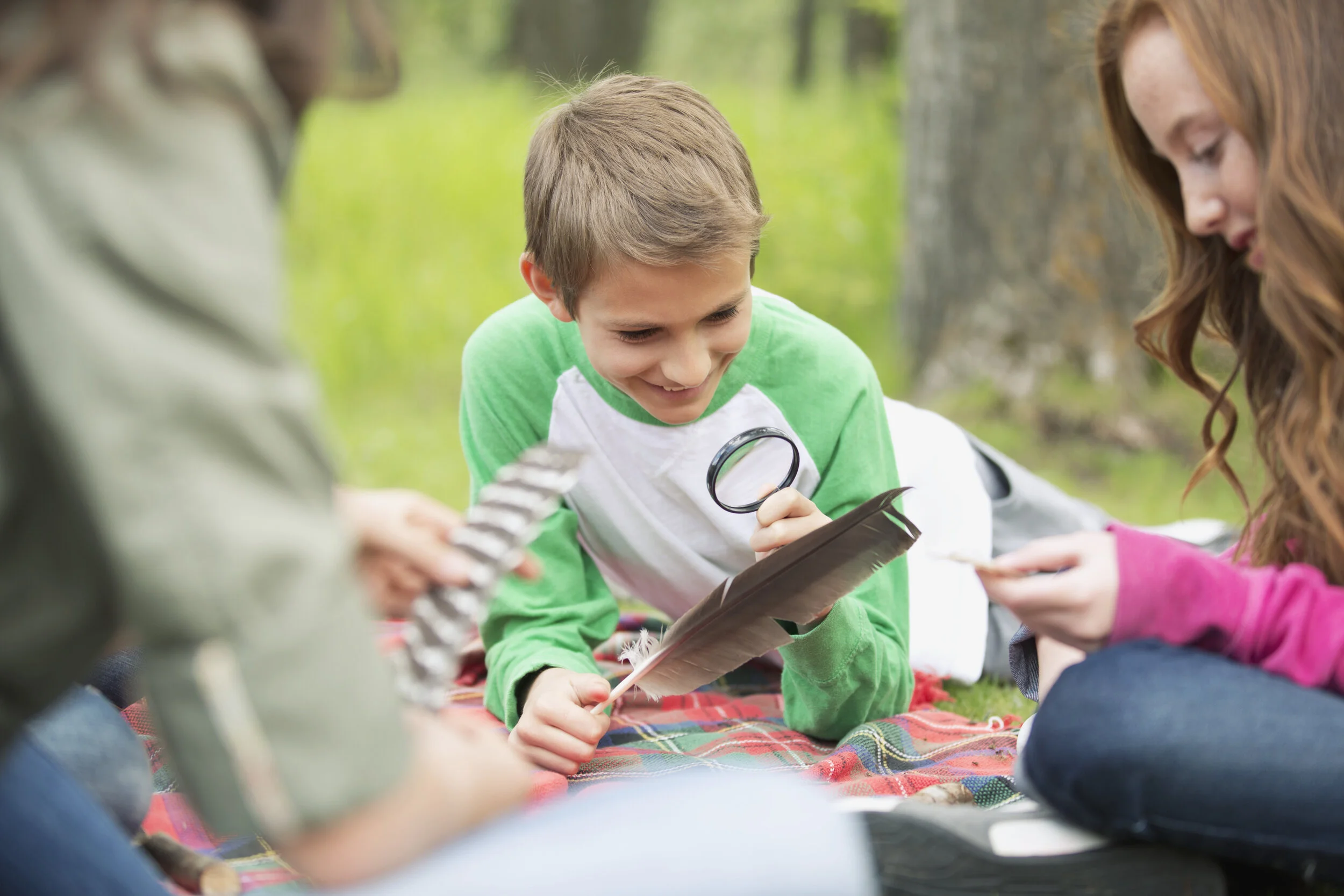Curiosity as Self-Care
The pace of change in education at the moment is unprecedented. New tools, technology, and techniques are being introduced and integrated into our practices like never before. As we try to engage distance learners, find ways to facilitate peer collaboration at 6-feet apart, and make our curriculum accessible across multiple platforms, we find ourselves in a ceaseless cycle of trial, reflection, iteration, and piloting -- a cycle that, while essential to meet the moment, is resulting in us making more mistakes than ever before. So, how do we become increasingly tolerant of our own mistake-making, even while holding ourselves to the same high standards we always have?
When astronomers started discovering inconsistencies in Aristotelian theory, their understanding of the universe got a lot more confusing before it got clearer. When you redo your kitchen, things look a lot messier before they look nicer. We want to remember that in the messy work of mistake-making, it is curiosity that leads to clarity. Of course, curiosity is not one thing, but is made up of many things. The dispositions that underlie curiosity are what have been termed “stable traits.” These traits include goal-orientation, self-regulation, and a receptivity to feedback.
At a time when there are no perfect answers, all we have is experimentation. And, with an increase in experimentation comes an increase in mistake-making. Rather than respond to our mistakes with volatility or emotion, we should instead respond with the stability of curiosity. The corollary to the endless diversity of mistake-making is the endless possibilities for learning. It is only logical that every type of mistake has a unique pathway counterpart that would enable learning to occur. So, rather than be unkind to ourselves in the fact of a mistake, let us approach our mistakes with the sort of “stable traits” and curiosity that will help us to learn.
